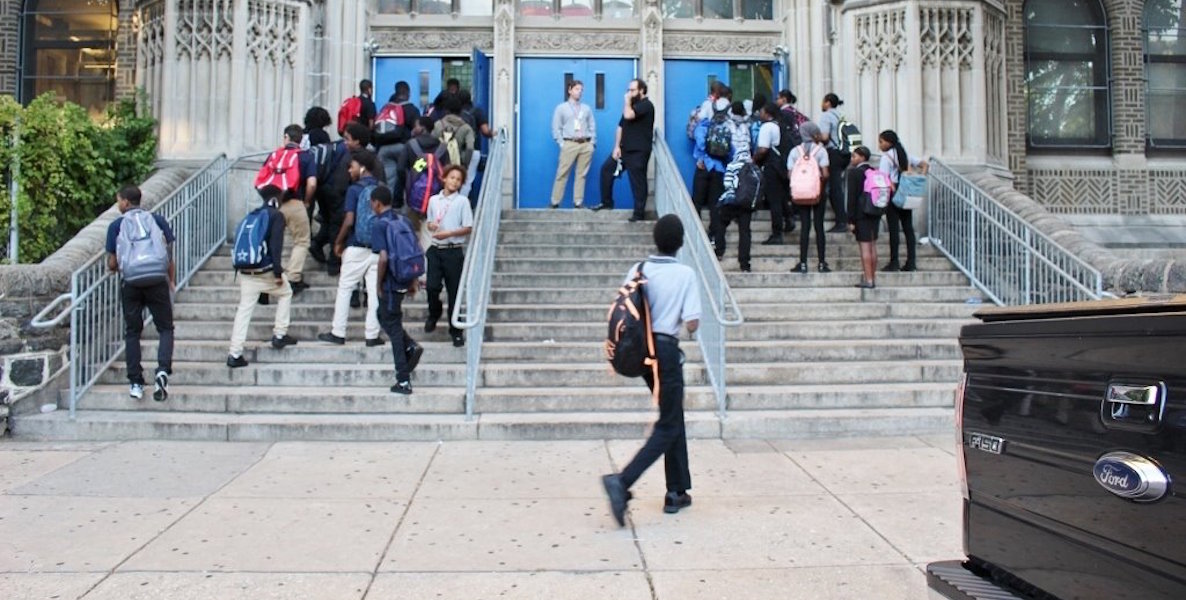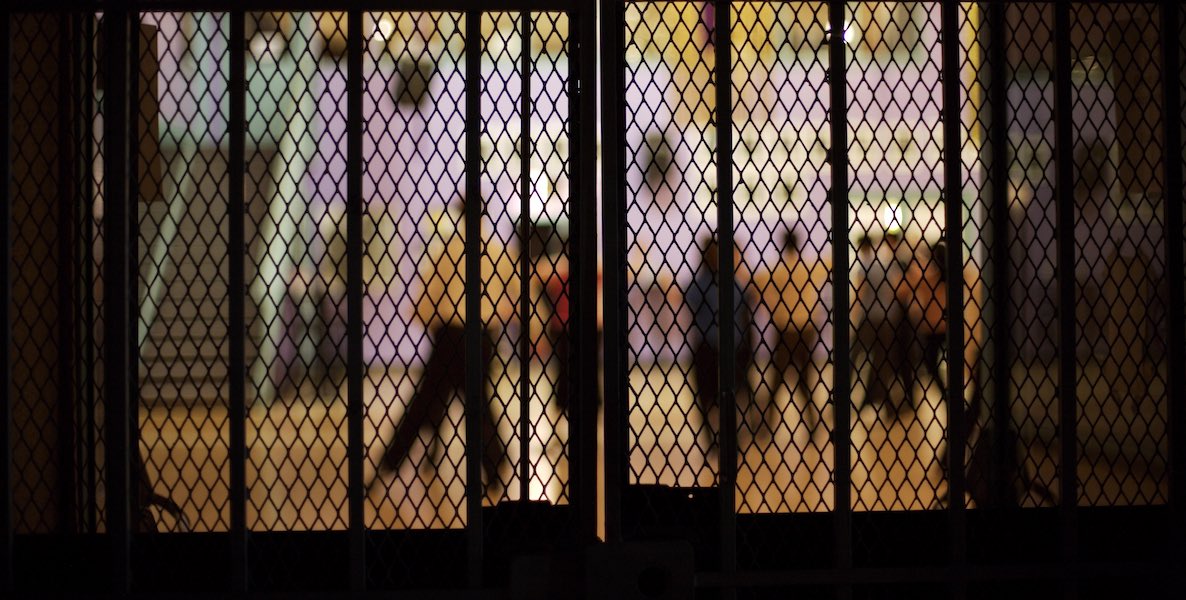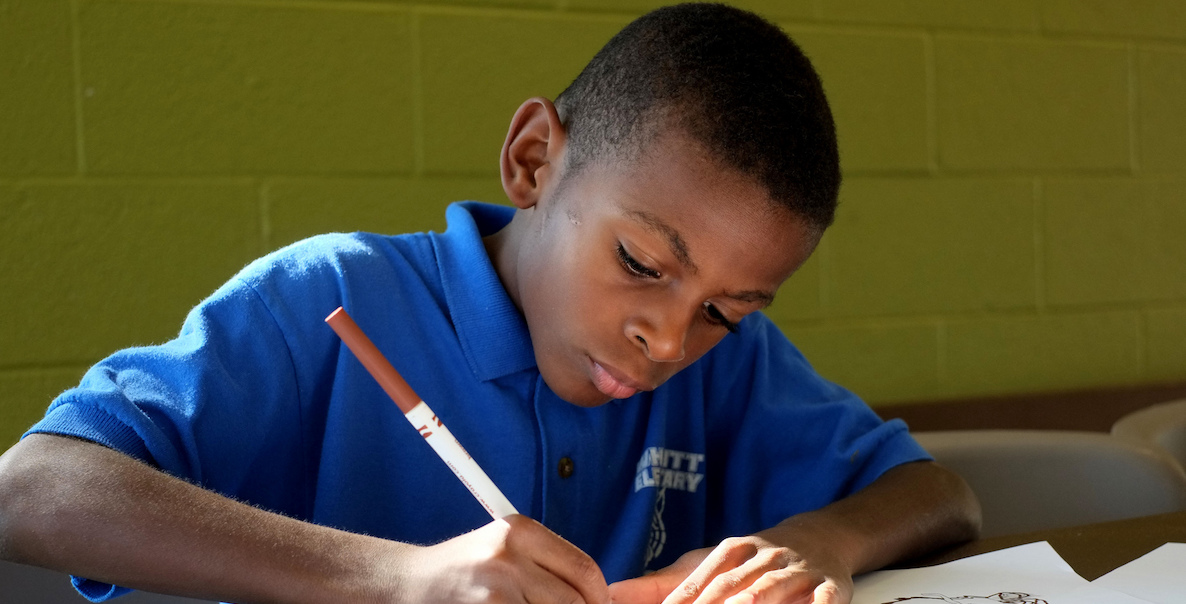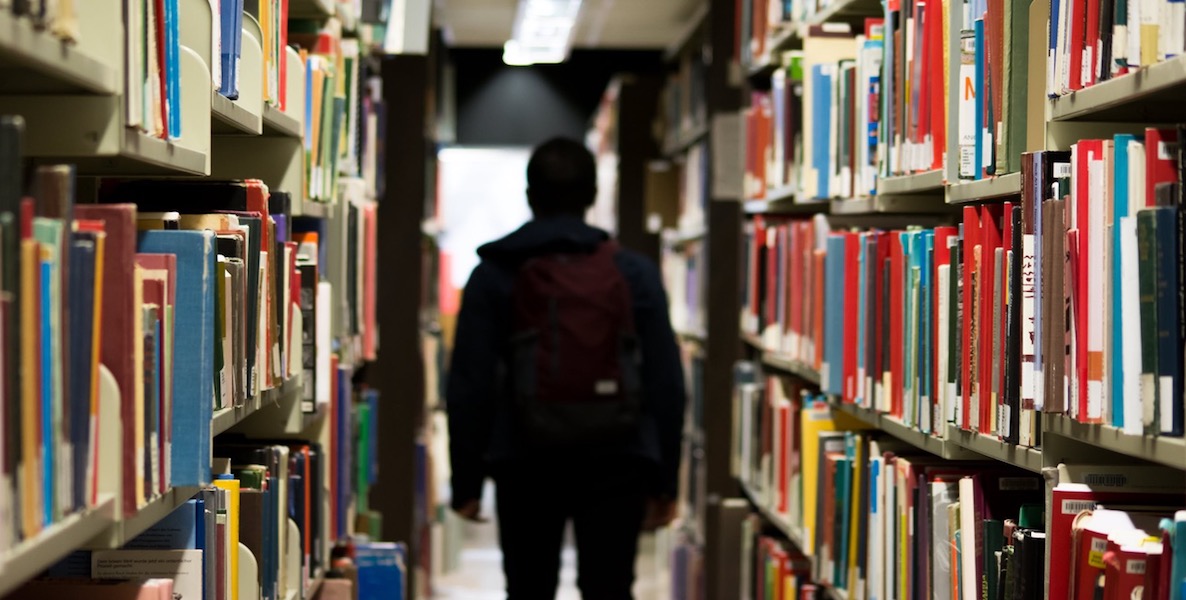This week, Billy Penn reporter Cassie Owens penned an insightful piece on the all-too-familiar (and ugly) habit of Philadelphia public schools suspending students—in grades kindergarten through 5th. Courtesy of Owens, who talked about it on WURD’s Reality Check, we are sent to a stern letter from the Education Law Center (and partners) to Philadelphia Schools Superintendent William Hite which highlights an awfully grisly trend in the city:

“Despite prohibiting the suspension of Kindergarten students, the District continues to suspend students in first through fifth grades at alarming rates. According to Pennsylvania’s most recent Safe Schools Report, the District meted out 615 suspensions to Kindergarteners, 1081 to first graders, 1779 to second graders, 2192 to third graders, 2295 to fourth graders, and 2260 to fifth graders during the 2015-16 school year. As many of these suspensions are likely longer than one day, this means that elementary-aged students missed well over 10,000 days of school due to suspension.”
“Worse” yet, the letter notes, the “District disproportionately suspends black students, even though black students are not more prone to misbehavior. According to the most recent Civil Rights Data Collection (“CRDC”) published by the U.S. Department of Education, black students (male and female) in the District are 2.65 times more likely to be suspended at all, and 3.08 times more likely to be suspended multiple times, than their white peers.”
In short: Philly doesn’t very much like its black kids. We’ve kind of known that for some time, but when you have data to back it up, the trending hostility towards the city’s black children becomes that much more vivid.
It’s unclear what the superintendent thinks about that. There’s no known trail of an official public response to the Ed Law Center’s revealing, data-rich letter—which pretty much condemns the school system for something short of systemic child abuse and trauma. There’s a bit of reporting and advocacy on where organizations such as the Ed Law Center and ACLU-PA stand, but that was back in April. It’s now June and there’s no apparent statement from Hite on the issue. Reality Check hopes to get his side of the data—so to speak—on this in an upcoming segment.
Now, in all fairness, last year the School District did announce that it was barring suspensions of kindergartners after nearly 20 years of “zero tolerance” disciplinary models. Suspensions would only be meted out if students inflicted “serious bodily injury” on teachers or other students or “an injury that results in significant pain as well as requiring medical attention (with documentation).”
But that hasn’t been enough for school advocates, or for State Rep. Jordan Harris (D-Philadelphia). What it did do is prompt Harris, along with other Philadelphia-area legislators, to introduce House Bill 715, which would altogether eliminate the practice of suspending K-5 students. Harris, on WURD’s Reality Check, expressed a mix of outrage and disbelief that the practice is that prevalent in the city. “I mean, these are kids who still bake cookies for Santa Claus on Christmas night,” groaned Harris. “These are kids who put their tooth under the pillow for the tooth fairy. It’s not right and it’s just opening up the school-to-prison pipeline.”
Harris makes a strong point. Last year, the Department of Education’s Office of Civil Rights gathered 2013-2014 data from the nation’s school districts and discovered black students 3.6 times more likely to face suspension and 2.3 times more likely to face arrest by the innocently named “school resource officers” (a.k.a. “cops”) compared to white students. Take a good look at the Dept of Ed’s report because there’s a big chance it’ll be the last report of its kind for a while, especially as the Trump administration is proposing the complete gutting of that same civil rights office which created the report. (You did notice how slow that link loaded, right?)
If you’re wondering what the school-to-prison pipeline is, it’s basically this: Disproportionately high rates of suspensions are prepping specific population groups for juvenile detention and, ultimately, incarceration or prosecution in the criminal justice system. It’s so formulaic and predictable now that it’s tragic not much is being done about it. The Justice Policy Institute’s Libby Nelson and Dara Lind offer a clean primer on the issue.
One educator called in and expressed worries that, if the bill passes, teachers won’t have the necessary disciplinary tools to keep rowdy, sometimes bad-ass/bad-apple kids in line—because those types of kids (being real) do exist.
What’s also significant is the socio-economic impact of so many suspensions, as Harris rightly points out. “We shouldn’t be sending kids home in the middle of a school day,” said Harris, who acknowledges the struggles households have to go through, such as the productivity, wages and jobs lost when parents have to take off from work.
Harris’ legislation is commendable, but there are a few problems with it. For one, even Harris was a little light on detail about how school districts throughout the state could find resources (a.k.a. “cash”) to support alternative disciplinary programs and systems in the absence of suspensions (which he prefers to call “redirection” instead of “discipline”). All he could say is that schools have received “more funding under current Governor Wolf, although they’re nowhere near funding levels before the last Governor, Corbett” and so they’ll find a way.
What’s missing so far are innovative ideas about what sorts of disciplinary methods should replace suspensions. One educator called in after Owen’s appearance on Reality Check’s “Pressing Matters: Local Edition” segment and expressed worries that, if the bill passes, teachers won’t have the necessary tools to keep rowdy, sometimes bad-ass/bad-apple kids in line—because those types of kids (being real) do exist. Other callers wondered out loud where the money came from.
The reaction to Harris’ bill is a mixed bag, because this is a heavily-nuanced issue. Being anti-suspension doesn’t necessarily mean you’re anti-discipline:. People understand the school-to-prison pipeline and want to stop it; but, there are also people who see daily examples of “out-of-control” kids who make it difficult for everyone else, including—most importantly—the kids who truly want to learn. Philadelphia public schools are notoriously tough environments.
And lastly: Can the bill pass? It was introduced in early April, but it’s still sitting in the House Education Committee—which is run by state Republicans. There are no signs of GOP lawmakers signing on to it, probably because they just don’t like to regularly sign on to legislation that’s crafted by Democrats and, well, they probably don’t see it as a problem since they’re all white and it’s not like it’s their kids getting suspended and dumped into an incarceration pipeline.
In the meantime, Philly shouldn’t have to wait for Harrisburg to figure this out. Policymakers may want to get a bit more creative about a holistic community approach—such as a collaboration of non-profits, churches, community agencies, arts and sports programs—that puts a more permanent fix on this issue than just “redirecting” students into a new program.
Charles D. Ellison is Executive Producer and Host of “Reality Check,” which airs Monday-Thursday, 4-7 p.m. on WURD Radio (96.1FM/900AM). Check out The Citizen’s weekly segment on his show every Tuesday at 6 p.m. Ellison is also Principal of B|E Strategy, the Washington Correspondent for The Philadelphia Tribune and Contributing Politics Editor to TheRoot.com. Catch him if you can @ellisonreport on Twitter.
Header photo: PeytonHoge photos-070, via Flickr







